Search Fellows
Click on a Fellow below to view more information or create your own search.
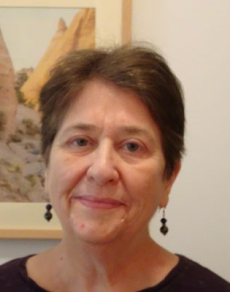
Lesley A. Sharp
Barnard College
Visiting Scholar
2003 to 2004
Lesley A. Sharp, associate professor of anthropology at Barnard College, will write a book about organ donation that examines the history and changing terms of social acceptance for transplant technology. Organ transplantation is considered one of the greatest medical miracles of the 20th century, yet Sharp's data reveal significant public distrust of the process.
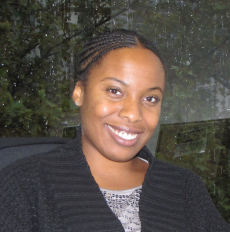
Carla Shedd
Columbia University
Visiting Scholar
2010 to 2011
Shedd will write journal-length articles comparing how adolescents are socialized regarding the law and how they perceive injustice. She will compare the experiences of Latino youth to other racial and ethnic groups, anticipating that increased racial diversity in schools may result in a significant increase in perceptions of injustice.
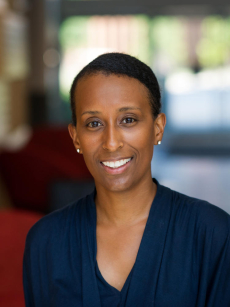
J. Nicole Shelton
Princeton University
Visiting Scholar
2002 to 2003
J. Nicole Shelton, assistant professor of psychology at Princeton University, will work on three related studies concerning intergroup contact between blacks and whites. She will analyze data from an RSF-supported study on the role of racial identity and discrimination among African-American and white college students in order to examine the phenomenon of "discrimination anxiety" -- blacks' concern that they will be rejected because of their race, as well as whites' concern that they will appear prejudiced.
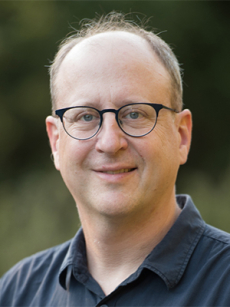
David Sherman
University of California, Santa Barbara
Visiting Scholar
2024 to 2025
Sherman will explore the psychology of environmental decision making and support for policies addressing climate change. He will include insights from climate researchers, members of Congress, and climate activists to examine the systemic psychological and structural barriers that prevent political agreement on climate policy in the U.S. among individuals and policy makers.
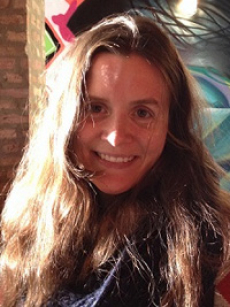
Elizabeth Shermer
Loyola University Chicago
Visiting Scholar
2014 to 2015
Shermer will complete a book that examines the origins of the contemporary crisis in public higher education. She hypothesizes that contrary to popular belief, state universities have always been subject to market forces. Shermer finds that there was never enough government funding to create a geographically-uniform system of mass higher education, and that as a result, public universities have long been influenced by private sector interests.
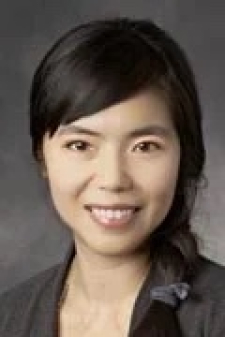
Carol H. Shiue
University of Texas, Austin
Visiting Scholar
2002 to 2003
Carol Shiue, assistant professor of economics at the University of Texas, Austin, will examine the role of extended family networks and intergenerational migration patterns in risk-sharing. Recent scholarship has assumed that the increasing influence of market mechanisms in rural economies will erode traditional kinship relationships based on trust and mutual economic dependence, and give rise to financially independent nuclear households. Yet many such networks effectively reposition themselves in response to new market opportunities without disintegrating.
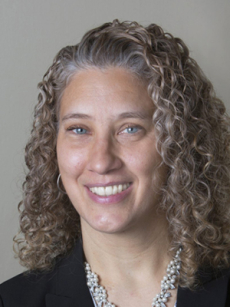
Lara Shore-Sheppard
Williams College
Visiting Scholar
2022 to 2023
Shore-Sheppard will examine pre-retirement (ages 50-61) households with multigenerational or skipped-generation living arrangements. She will focus on how the generosity of safety net programs for families with children, social and economic factors, and the interaction between these factors and safety net generosity impact living arrangements. She will also explore the extent to which living arrangements in pre-retirement years affect the well-being of older adults.
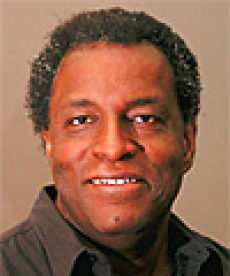
James Sidanius
Harvard University
Visiting Scholar
2001 to 2002
Jim Sidanius, professor of psychology and political science at the University of California, Los Angeles, Shana Levin, assistant professor of psychology at Claremont McKenna College, and Colette van Laar, professor of psychology and education at Leiden University, the Netherlands, will study the impact of the multicultural undergraduate experience on ethnic tolerance and on tensions between different racial and ethnic groups.
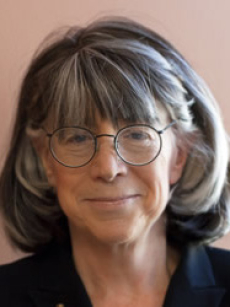
Susan Silbey
Massachusetts Institute of Technology
Visiting Scholar
2014 to 2015
Silbey will employ ten years of ethnographic research to write a book that examines the growing tension between federal law and laboratory science. She finds that new federal lab regulations and audits, often implemented in the name of safety, threaten the autonomy of scientific practice and establish precedents for the legal surveillance of similar innovation-based professions.
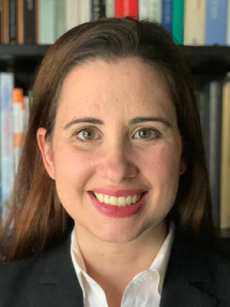
Jennifer M. Silva
Indiana University
Visiting Scholar
2022 to 2023
Silva will work on a book about the persistence of health disparities using electronic health records, physicians’ notes, and interviews with 48 White women and 40 Black and Latina women without a college degree. She will examine how divergences between the medical records and patient narratives might be associated with inappropriate treatment plans, patient “noncompliance,” and missed appointments that contribute to health disparities and the underlying social factors that contribute to poor quality of life and barriers to achieving care and well-being.
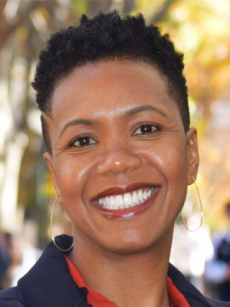
Angela Simms
Barnard College
Visiting Scholar
2023 to 2024
Simms will investigate how ostensibly race-neutral government budget and policy processes create and sustain racial inequity within metropolitan areas. She focuses on the experience of a majority-Black and middle-class jurisdiction’s capacity to maintain high-quality public goods and services.
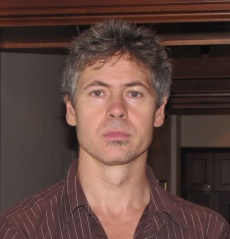
Patrick Simon
National Institute for Demographic Studies
Visiting Scholar
2010 to 2011
Simon will write a book comparing integration of immigrants in France and the United States. He will specifically discuss the role of racial discrimination against first- and second-generation immigrants in both countries. The comparative framework will allow for an assessment of how different social policies might influence racial and ethnic identification.
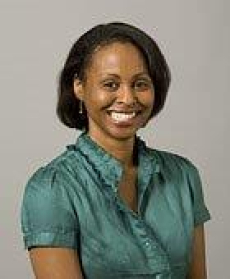
Stacey Sinclair
Princeton University
Visiting Scholar
2013 to 2014
Sinclair will write a series of articles examining how interpersonal interactions translate implicit prejudice into ethnic disparities in schools. Sinclair’s research will provide novel insights into how peers’ implicit racial attitudes influence students’ sense of belonging at school as well as their academic engagement and performance.
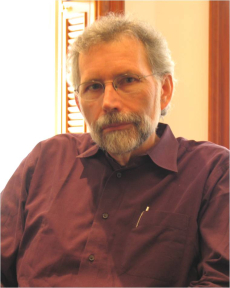
Peter Skerry
Boston College
Visiting Scholar
2006 to 2007
Peter Skerry, Professor of Political Science at Boston College, will write a book on the social and political integration of Muslims in contemporary America. Based on his fieldwork in several U.S. cities, the book will explore how a distinct American Muslim identity is emerging from the presence of Arab, South Asian, and African-American Muslims in the United States.
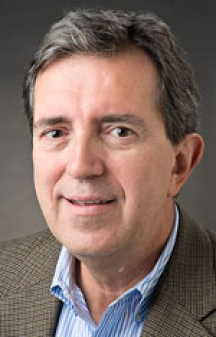
Timothy M. Smeeding
Syracuse University
Visiting Scholar
2007 to 2008
Markus Jäntti, Professor of Economics, Åbo Akademi University, Finland, and Timothy Smeeding, Distinguished Professor of Economics and Public Administration, Syracuse University, form a working group that will compare recent patterns of social and economic mobility in the United States with other advanced economies in an effort to determine whether America’s high rate of economic inequality is mitigated by greater economic mobility.
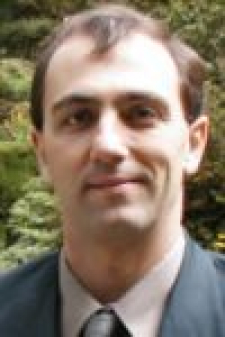
Alastair Smith
New York University
Visiting Scholar
2012 to 2013
Smith will investigate voting behavior and the ways parties solicit votes. He will build on existing formal models to argue that parties reward voting groups that offer them the greatest level of support. In this model, individual voters have much greater influence over the distribution of local rewards than over which party wins elections.
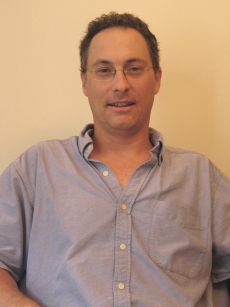
Robert Smith
Baruch College, City University of New York
Visiting Scholar
2007 to 2008
Robert Smith, Associate Professor of Sociology, Immigration Studies, and Public Affairs at Baruch College and Graduate Center, CUNY, will write a book on the education, employment, and social lives of young adult children of Mexican immigrants in New York City. Smith will use data from a ten-year ethnographic study to document the factors that contribute to both upward and downward mobility.
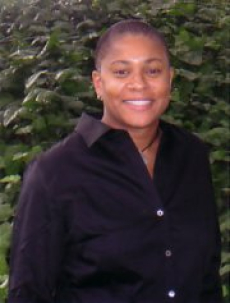
Sandra Susan Smith
New York University
Visiting Scholar
2002 to 2003
Sandra Smith, assistant professor of sociology at New York University, will study the efficacy of low-income African-Americans' job referral networks. It is often argued that as a result of structural and demographic changes there has been an overall decline in the sheer number of people to which the urban poor are connected. Recent evidence suggests that the extent of the poor's detachment from the mainstream has been overestimated.
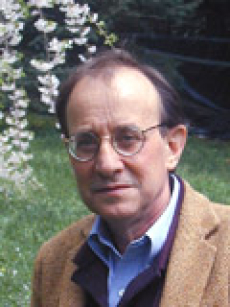
Kenneth Sokoloff
University of California, Los Angeles
Visiting Scholar
2004 to 2005
Kenneth Sokoloff, Professor of Economics at the University of California, Los Angeles, will work on a comparative economic history of the Americas. He will argue that factors of production (e.g. climate and population) predisposed Caribbean colonies - which were well suited for specialization in crops that could be produced cheaply on large slave plantations - to more inequality than existed in northern colonies.
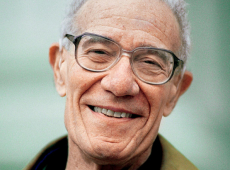
Robert Solow
Massachusetts Institute of Technology
Visiting Scholar
1999 to 2000
Robert Solow, Institute Professor Emeritus at the Massachusetts Institute of Technology, will co-chair the steering committee for the Foundation's project (co-funded by the Century Foundation) on sustaining low unemployment. Solow will also pursue two research projects of his own. In the first, Solow will model how productivity gains depend upon technical change being "embodied" in new investments of physical capital (the latest computer chip technology, for instance, is of no benefit to a firm until that firm invests in new, faster computers).
